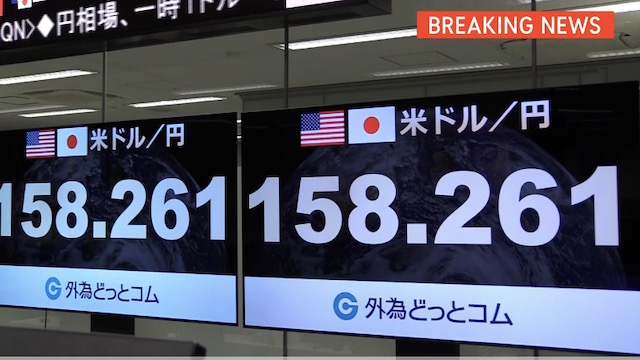Feb 27 (Japan Times) - A court in Japan on Wednesday ruled for the first time that special trials for segregated leprosy patients set up outside of standard courtrooms in the past were unconstitutional.
The Kumamoto District Court made the judgment in handing down a ruling on a damages suit filed by former patients related to the execution of another patient with Hansen’s disease in the 1960s.
“The trial at the special court violated the personal rights (of the executed patient), was unreasonable discrimination based on the fact that he suffered from leprosy and violated Articles 13 and 14 of the Constitution,†the court said in its ruling.
But the court rejected a demand for damages.
The suit filed by six former patients centered on the 1952 murder of a village official in Kumamoto Prefecture, which was tried at a sanatorium in the prefecture as well as a neighboring prison for the disabled.
In the case, a leprosy patient was sentenced to death in a trial held at a special court for killing the official and was executed in 1962 after having sought a retrial three times.
The plaintiffs, who are not family members of the executed man, had sought ¥100,000 ($905) each in damages from the state, saying they became mentally distressed after prosecutors opposed a request for a retrial.
Article 13 of the supreme law stipulates that all people shall be respected as individuals and Article 14 says all people are equal under the law.
Presiding Judge Yuko Onodera also ruled the practice of special courts may have violated the open court principle stated in Articles 37 and 82 of the Constitution.
The Supreme Court in April 2016 apologized to former leprosy patients, saying it was against the law to have tried the patients outside standard courtrooms without properly examining the need to do so, but it fell short of admitting the practice’s unconstitutionality.









